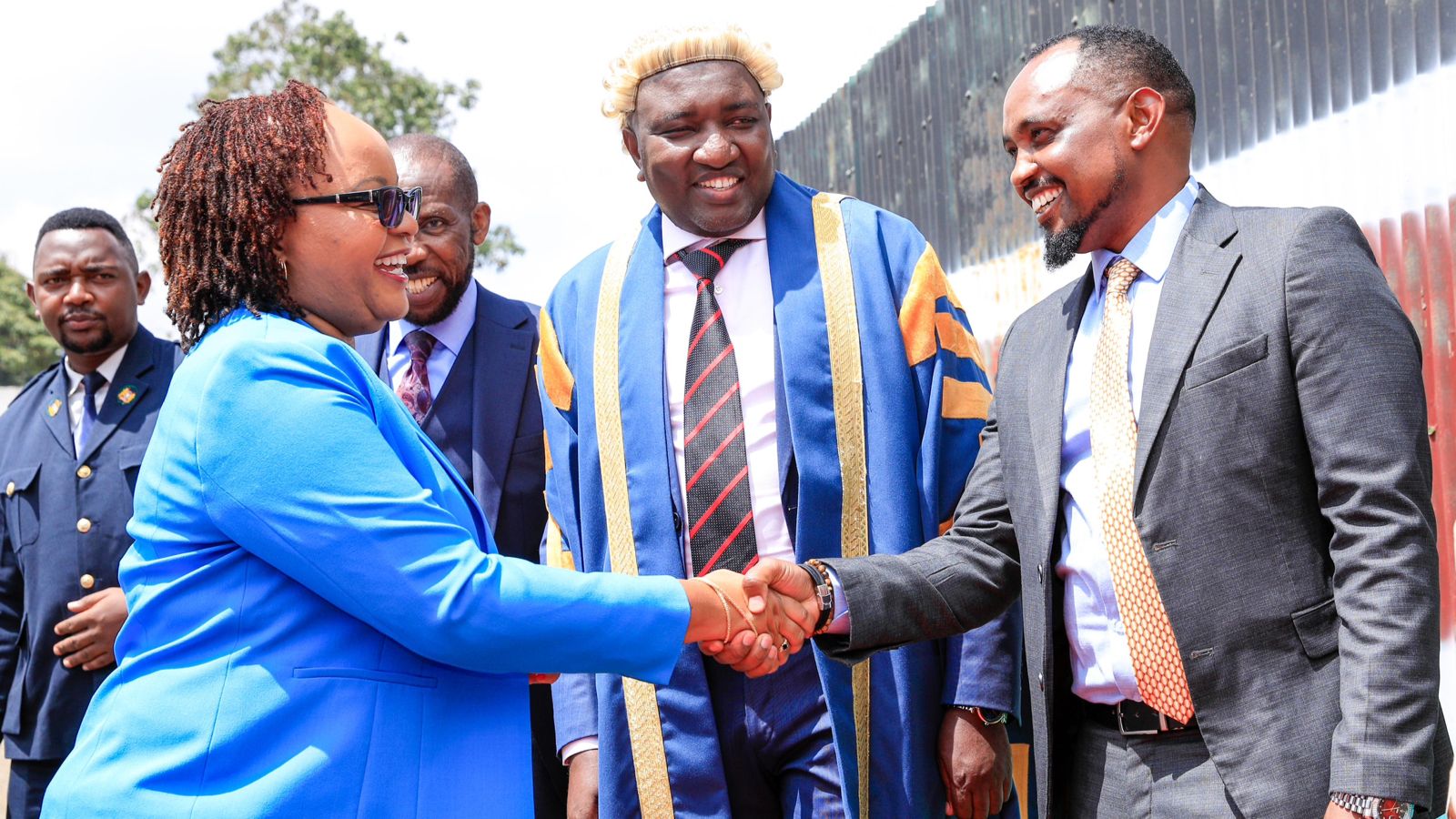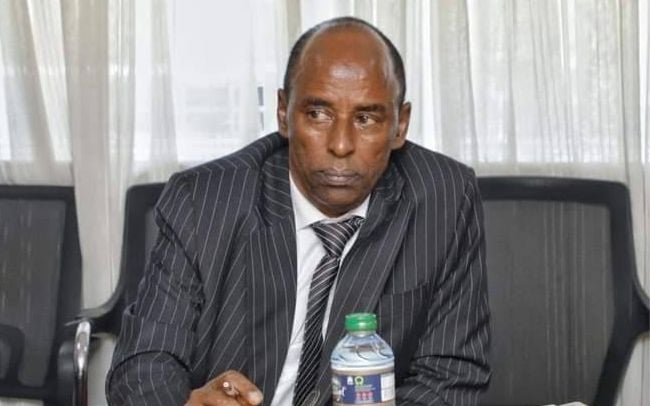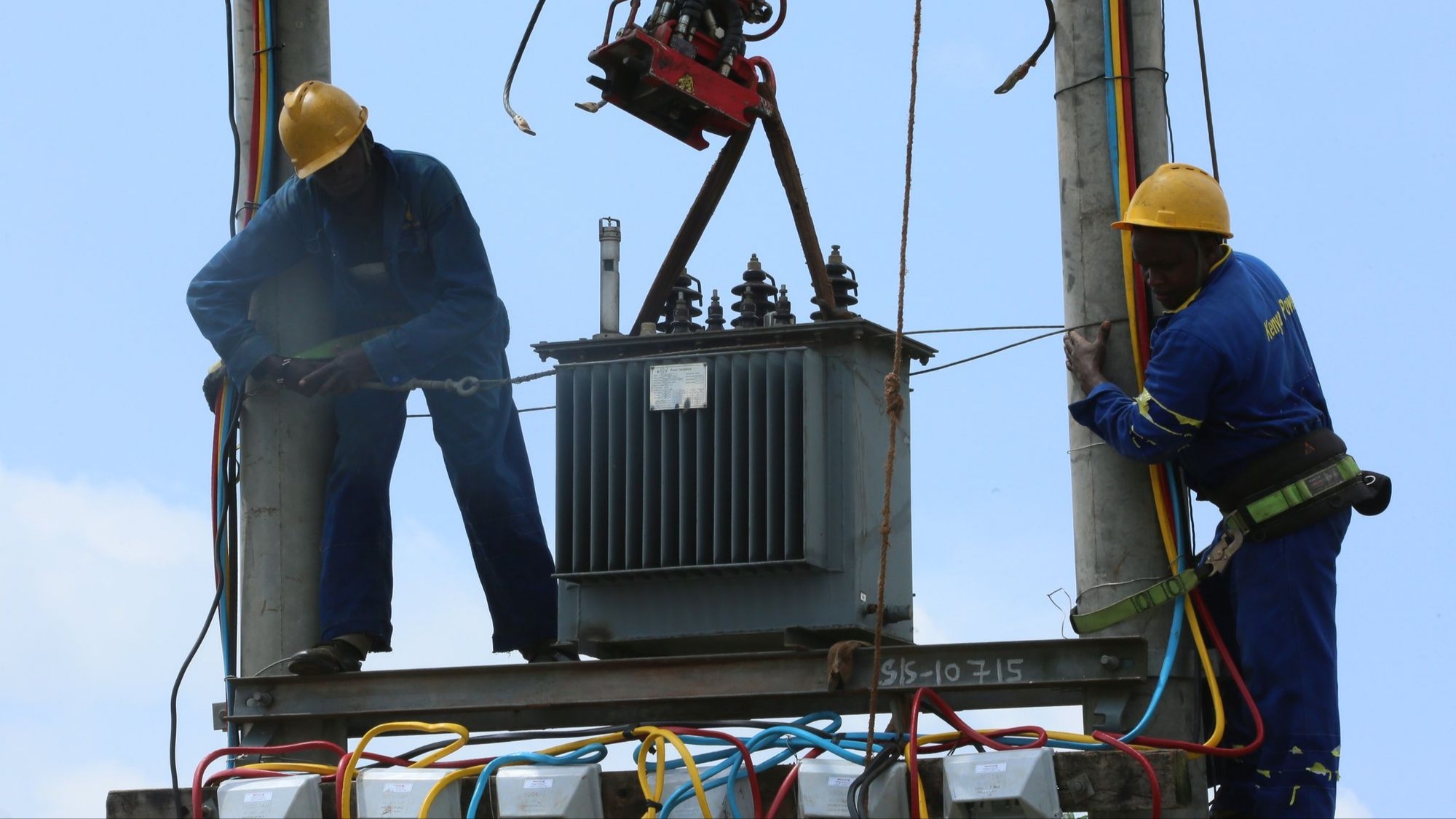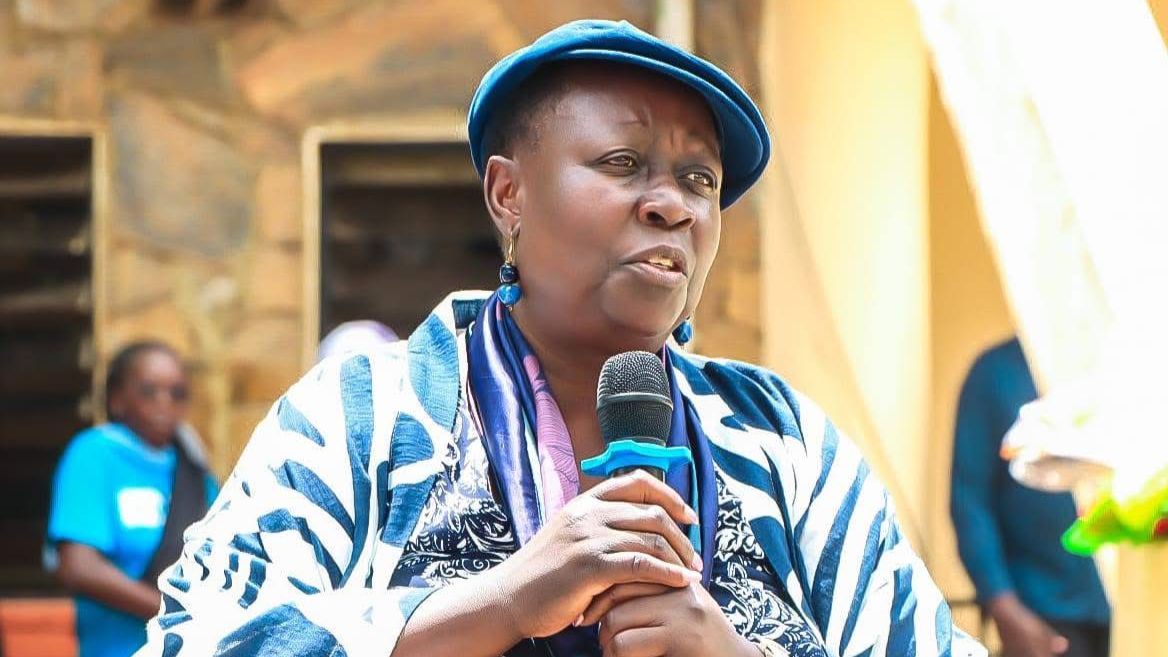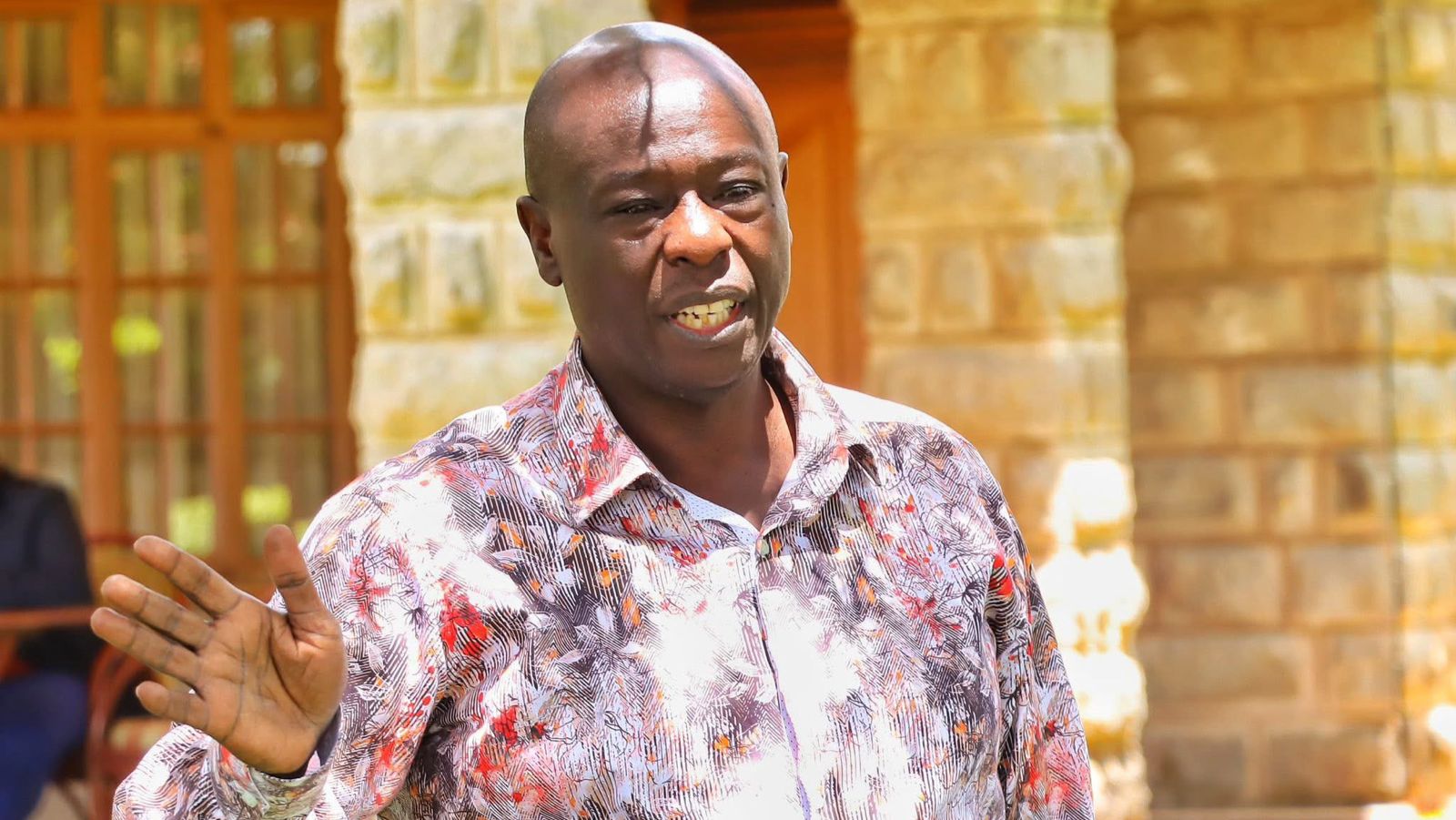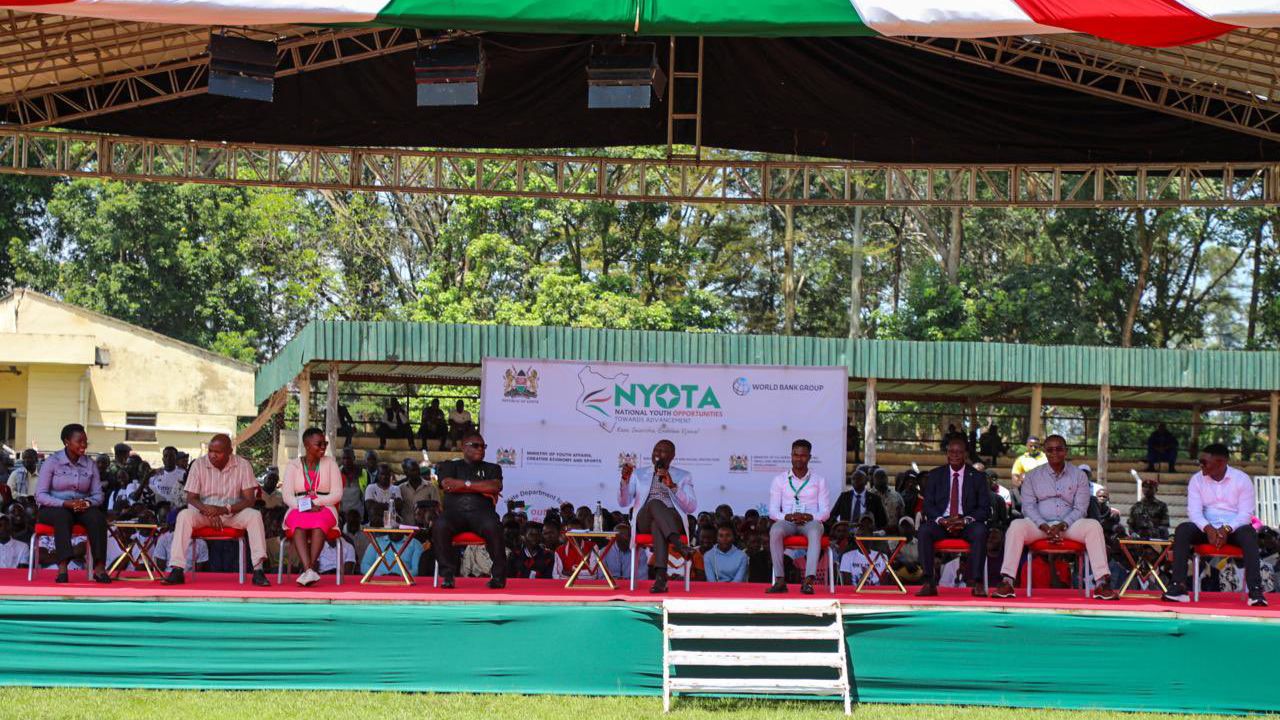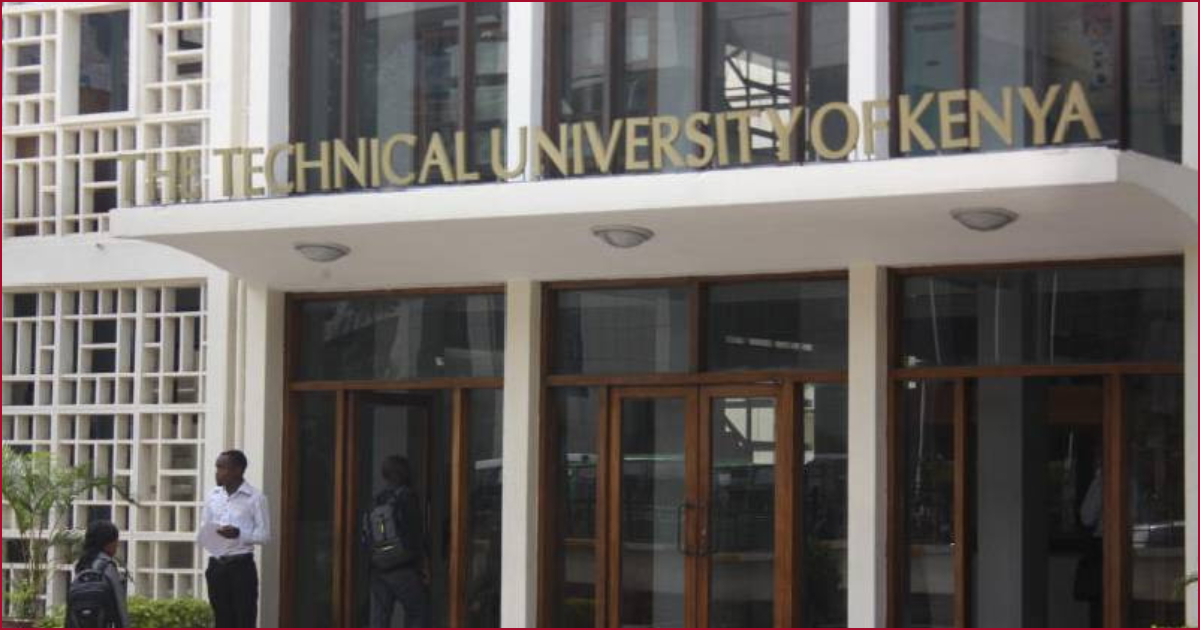Kirinyaga Governor Anne Waiguru has said a deliberate policy shift toward inclusive and locally anchored development is driving the county to become a hub for rural enterprise and innovation.
Speaking during the State of the County Address (SOCA) at the Kirinyaga County Assembly on Tuesday, November 11, she said her administration has created an enabling environment for investment, unlocking growth across various sectors.
Waiguru said strategic infrastructure upgrades, streamlined licensing procedures, and targeted support for small and medium enterprises have made the county more attractive to investors.
"The rise of new rice mills, flour mills, fish hatcheries, ecotourism lodges, and value-addition hubs reflects not just economic expansion but a deliberate policy shift toward inclusive, locally anchored development," she said.
Waiguru said that over the last eight years, the Gross County Product has increased from Ksh114.9 billion in 2017 to Ksh190.79 billion in 2024, injecting significant liquidity into the local economy.
Read More
"Our economic growth rate now stands at 5.4%, surpassing the national average of 4.9%. Equally encouraging is the reduction in our poverty index, which has dropped from 23% to 21%, lifting approximately 52,000 households out of poverty. These gains of 33 affirm our commitment to inclusive development and a healthier, more prosperous Kirinyaga for all," she added.
In addition, Waiguru said her administration has recovered more than 800 acres of public land that had been illegally taken to support industrial investment in the county.
"The bold exercise aims at returning the lands to rightful community use for schools, hospitals, housing projects, and agricultural development. It’s a move that directly touches the lives of ordinary citizens, reaffirming that the county’s progress must serve the people, not private interests," she further said.
Further, Waiguru said the county has invested in building and maintaining an extensive network of roads, bridges, and urban infrastructure; the county has graded 7,151.5 kilometres and graveled 2,265.5 kilometres of roads across all sub-counties.
"You can bear me witness, our towns were once muddy, dusty, and poorly drained. But today, Kirinyaga is rewriting that story. Through strategic investment in urban infrastructure, we have laid 118,550 square meters of cabro and upgraded drainage systems across seven major towns: Kagio, Sagana, Kagumo, Kerugoya, Kianyaga, Kutus, and Wang’uru," she continued.

At the same time, Waiguru said the county has prioritised the development of the Sagana Industrial City (SAIC), which will include an Export Processing Zone (EPZ), a Special Economic Zone (SEZ), an affordable housing component, and a sports complex.
She said the project will be supported by modern infrastructure, including reliable power, water supply, sewerage, and waste management systems.
"Once fully operational, the industrial city is projected to create over 10,000 direct and 170,000 indirect jobs, significantly boosting household incomes and reducing unemployment in the county," she noted.
To improve disaster response, Waiguru said the county is acquiring two new firefighting trucks that will be stationed at the new Fire Station in Kutus.
In addition to that, the county has also procured 75 waste collection skips and two skip loaders to enhance waste collection and transportation.
"These efforts have yielded tangible results, including an 85% reduction in visible urban waste, cleaner towns, and growing community awareness on sustainable waste management," she said.
Waiguru said that through the Wezesha Kirinyaga Program, more than 100,000 residents have benefited from agricultural value chains, including tomato, rice, dairy, poultry, coffee, avocado, apiculture, aquaculture, goat, and pig farming.
"We have supported 804 farmers’ groups with Sh253 million, and an additional 19 Farmers’ Producer Organisations, with Sh266 million to strengthen production and marketing. To enhance access to affordable credit and markets, the county established 20 multi-value chain SACCOs in every ward, and supported with Sh21 million for office setup, farmer mobilisation, and financial services,” she disclosed.
In healthcare, Waiguru said her administration has expanded access to primary health services by operationalising new health centres across the county, reducing travel time and healthcare costs for residents by up to 40%.
She said the 341-bed Kerugoya County Referral Hospital is now operational, with over 150 health workers hired to fill critical gaps and strengthen service delivery in county and sub-county hospitals.
The county is also upgrading Kianyaga, Kimbimbi, and Sagana hospitals to level four status, and it has introduced new specialised services, including orthopaedic surgery, urology, oncology, neurology, and epidemiology, which residents previously sought outside the county.
Waiguru said the county has also fully digitised revenue collection through the Kiripay system, helping to seal revenue leakages and simplify payments for permits, licences, and cess fees.
